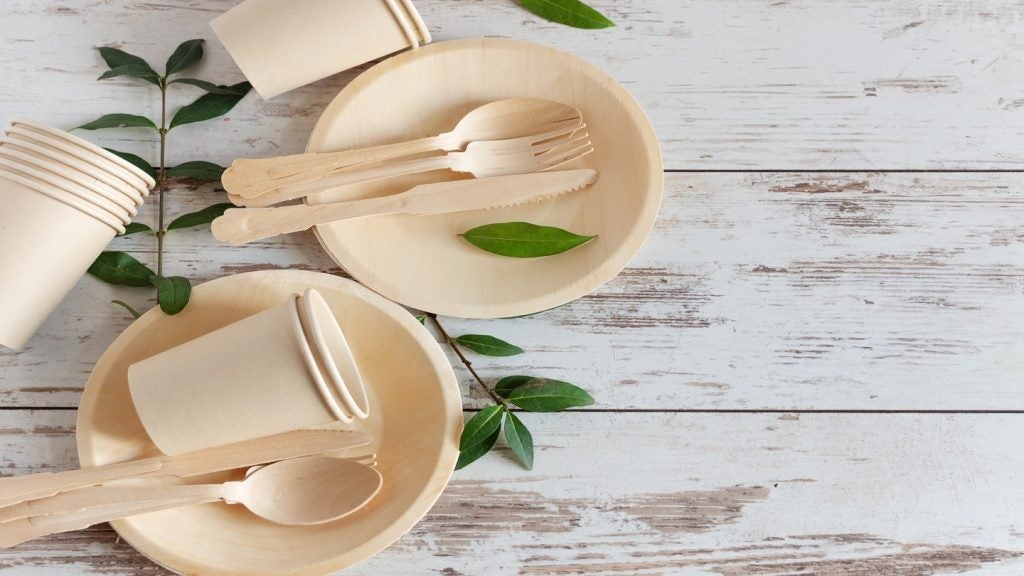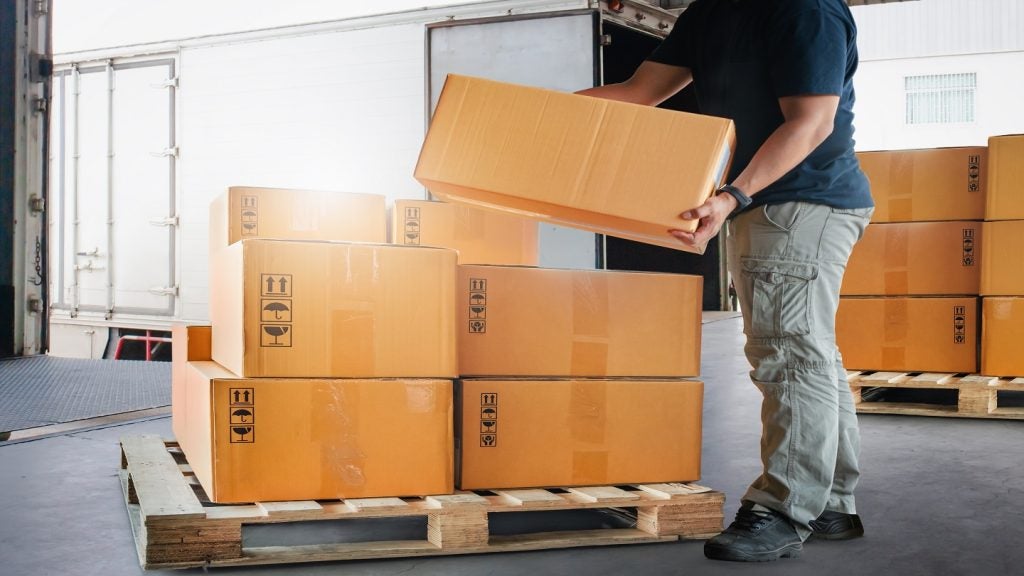Researchers at the Fraunhofer Institute for Process Engineering and Packaging IVV in Germany have discovered that peatland plants, traditionally used in various sectors, could now serve as a raw material for packaging.
The scientists noted that peatland plants such as reed, peat moss, and reed canary grass, known as paludicultures, have been utilised for food, animal feed, and construction materials.
However, their low lignin content makes them an alternative to wood for creating sustainable paper packaging such as folding boxes, trays, and related products.
With wood being the predominant source for paper manufacturing, the search for alternative materials has intensified due to the escalating market costs and Germany's high dependency on imported wood.
This has led the Fraunhofer IVV researchers in Freising and Dresden to explore the potential of peatland plants within the PALUDI project, focusing on sustainable packaging solutions.
The PALUDI project is part of the Fraunhofer Biogenic Value Creation and Smart Farming initiative. It focuses on advancing sustainable agricultural practices and enhancing the use of biogenic resources.
The project is supported by several organisations, including the Bavarian Ministry of Economic Affairs, Regional Development and Energy, the German Federal Ministry of Education and Research, and the Mecklenburg-Vorpommern Ministry of Science, Culture, Federal, and European Affairs.
Intentionally cultivated in rewetted peat bogs and fens, these peatland plants are poised for expansion.
The EU Nature Restoration Law, coming into effect next month, mandates the rewetting and renaturing of at least 30% of forests, grasslands, and wetlands, potentially increasing the availability of these plants for packaging purposes.
Fraunhofer IVV’s PALUDI project head Fabian Kayatz said: “This refers to farming in wet peatlands with locally adapted plant species. Paludicultures help to maintain the peatlands and contribute to climate protection since they minimise carbon emissions - another reason to study them further.”














